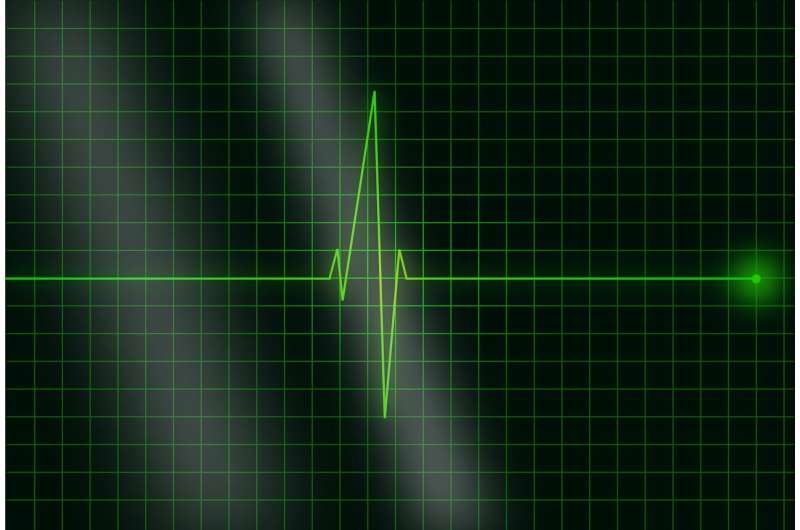
The first international platform for sharing cardiovascular data has been launched by euCanSHare, an EU-Canada funded project being implemented by 17 partners, led by the University of Barcelona (UB) and including the European Society of Cardiology (ESC). Cardiovascular researchers are encouraged to use the platform to browse, deposit and analyze data.
The project brings together information on more than one million individuals from 35 cardiovascular cohorts in the EU, Canada and beyond. It aims to accelerate research in personalized medicine for cardiovascular disease and to promote the responsible exchange of data while reducing cultural, behavioral and technological barriers to Open Science.
Project coordinator Dr. Karim Lekadir of the University of Barcelona, Spain said: “euCanSHare is an unprecedented effort to create a long-awaited international data platform for more responsible sharing and more efficient exploitation of large-scale cardiovascular research studies across institutions. euCanSHare will facilitate access to information on available cardiovascular datasets, while increasing trust through well-established and highly secure data management mechanisms.”
The platform, which is hosted on the Barcelona Supercomputing Centre’s (BSC’s) cloud, holds metadata on social and demographic factors, “omics” (DNA/RNA/proteins), cardiac imaging, lifestyle behaviors, and clinical data including outcomes.
Cardiovascular disease is the leading cause of death worldwide: ischaemic heart disease and stroke were responsible for the most deaths globally in 2019. The majority of heart attacks and strokes can be prevented with healthy lifestyles including physical activity and a nutritious diet, controlling body weight, and not smoking. Management is most effective when conditions are diagnosed early, and treatments are tailored to individual patients.
Personalized management relies on the discovery of individual biomarkers that identify who is at risk of cardiovascular disease and who will respond to a particular therapy. Research in this field requires integrating large amounts of cardiovascular data, including molecular, imaging and clinical data as well as lifestyle and demographic information from heterogeneous population and patient cohorts. This presents fundamental challenges for data storage, management and analysis, IT capacity and accessibility—which are addressed by euCanSHare, the most comprehensive cardiovascular data catalog ever assembled.
Consortium member Professor Steffen Petersen of Queen Mary University of London, UK, and president-elect of the ESC’s European Association of Cardiovascular Imaging (EACVI) said: “My research focuses on how to prevent, diagnose and treat heart failure in at-risk diabetic patients. Using multiple diverse cohorts from euCanSHare increases the statistical power of my research and enables me to more thoroughly investigate the role of lifestyle, ethnicity and genetics.”
“euCanSHare provides the privacy and governance mechanisms for the secondary use of data,” said Professor Bartha Maria Knoppers (McGill University, Canada) who together with Professor Pascal Borry (Katholieke Universiteit Leuven, Belgium) leads the work package on ethics and interoperability.
The euCanSHare platform covers the entire research path, from data access to distribution of results. Features include: (1) a cohort browser and catalog enabling professionals to search for cohorts to use in their research; (2) a controlled access manager user interface for providing credentials and requesting permission to use selected information (which will go live next year); (3) a data manager tool for new data depositions; (4) a data analyser workspace for approved users; and (5) written instructions and a helpdesk to guide new users of the platform.
In particular, the catalog provides a detailed description of available datasets, including key variables, access policies and harmonization status across cohorts. In the current version, the catalog provides information on 310,000 individuals from 30 studies.
Source: Read Full Article
